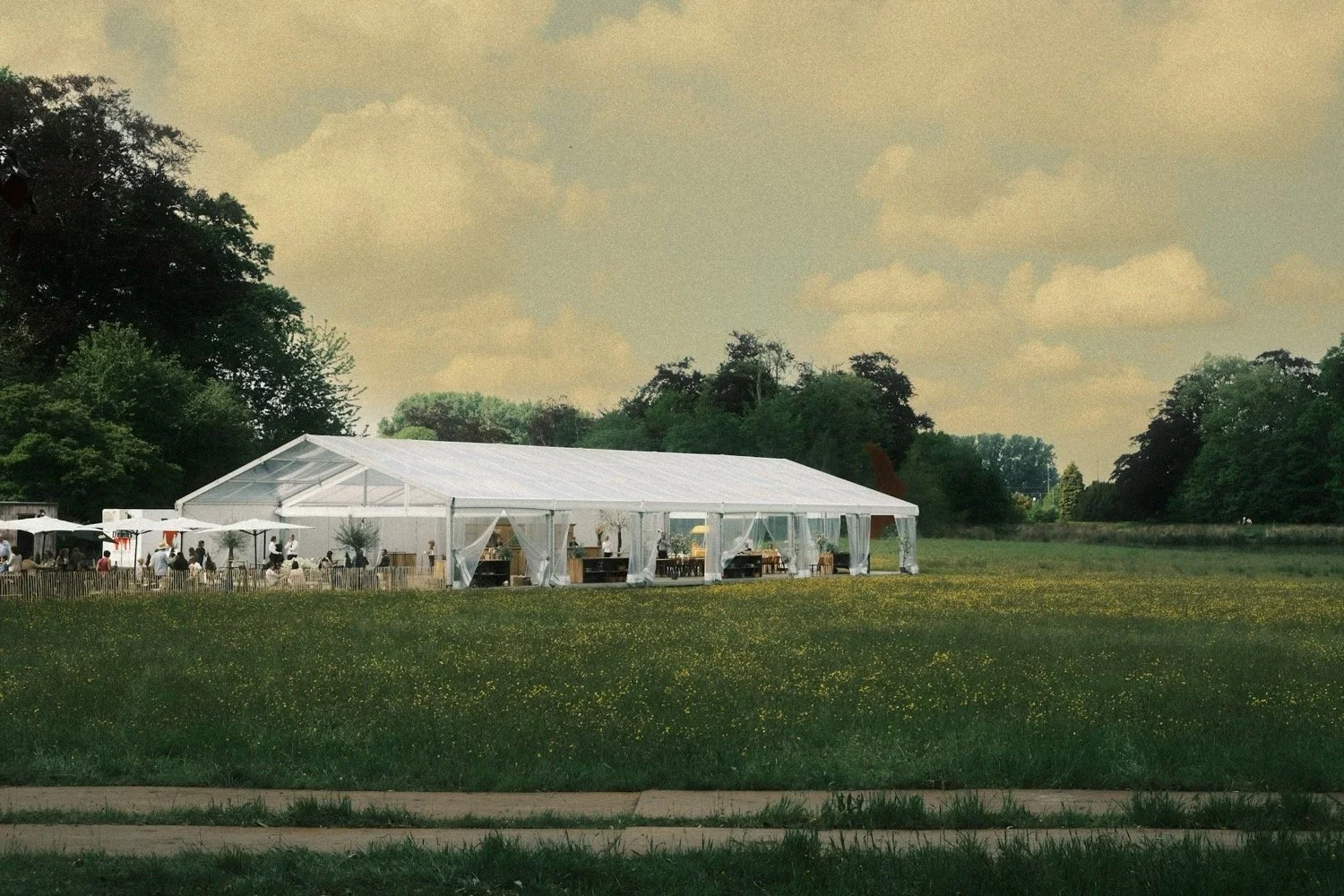Readings for today: Acts 27-28
The Book of Acts ends with the Apostle Paul living under house arrest in Rome awaiting trial before Caesar for his faith in Jesus Christ and his belief in the resurrection. During that time, he seems to enjoy a bit of freedom. He’s able to teach and preach. He welcomes visitors regularly into his home. And he never stops sharing the gospel. He knows his time is growing short. He knows he’s about to finish his race. He knows his life has been poured out as an offering before the Lord. And even though many scholars, including myself, believe Paul was released from house arrest, set free by Caesar at this point, and continued his missionary endeavors for another couple of years; it won’t be too much longer before Emperor Nero goes insane, rounds up the Christians, persecutes them terribly, and eventually imprisons Paul in the infamous Mamertine Prison which was essentially a dark hole in the ground where political prisoners were kept before being executed.
Through it all, Paul remains faithful. As you read these final chapters of Acts, Paul seems completely oblivious to his fate. Almost like he doesn’t care what happens to him. Paul has settled in his heart that to “live is Christ and to die is gain” so no matter what comes, he is content. He is perhaps the most free person in history. Free from the cares and worries of this world. Free from the need to jockey for position or power. Free from the need to be successful. Free from the need to be comfortable and safe. Just as the boat he was on was tossed about on the waves of the sea before shipwrecking on Malta, his life is being tossed about by the power of the Holy Spirit. He is no longer under control. He is not the master of his fate. He is not the captain of his destiny. He has embraced his Lord fully and completely and surrendered all into his hands.
It’s tempting to get to the end of Acts and think we’ve come to the end of the story. Not so fast! There is a 29th chapter being written even as we speak! The generations that have come after the Apostle Paul and the other leaders of the early church risked their lives in many cases - just like Paul - to carry the gospel around the globe. They too were filled with power as the Holy Spirit came upon them. They too were Jesus’ witnesses in their own Jerusalems, Judeas, Samarias, and to the furthest corners of the earth. Almost 2000 years have elapsed since Paul walked the earth. In that time, billions of people have come to saving faith in Jesus Christ. Revivals have broken out at different times and in different places all over the world. Indeed, the story of the Book of Acts will not be complete until Jesus returns because the “Acts” the book refers to are the acts of the Holy Spirit not the acts of the apostles. Their actions ended with their deaths. The acts of the Holy Spirit continue to this day and you and I get to be part of it!
Readings for tomorrow: Philippians 1-4




